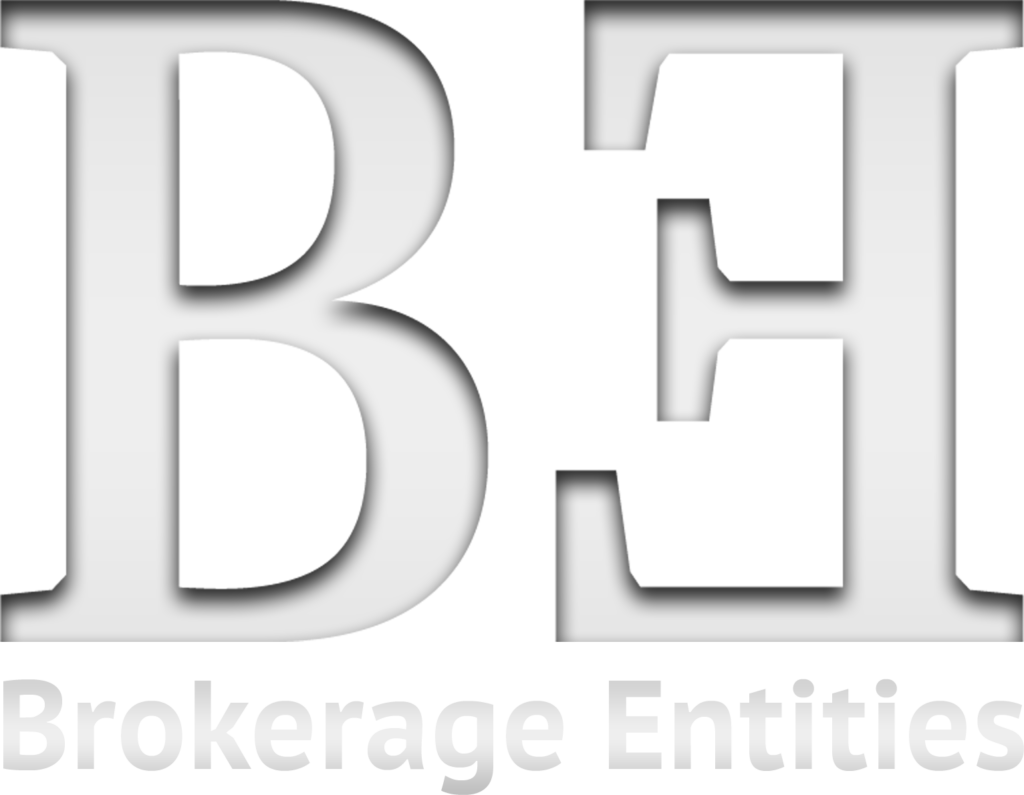ASIC today has outlined an expanded program of work to enhance the integrity and quality of financial reporting and auditing in Australia in achieving the broader goal of confident and informed investors.
ASIC’s pro-active financial reporting and audit surveillance program remains a key part of our work. The program covers listed companies, other public interest entities and previously grandfathered large proprietary companies. From 30 June, it will also include superannuation funds.
Today’s announcement includes ASIC’s focus areas for 30 June 2024.
We are also today announcing a new review of auditors’ compliance with ethical and independence standards to support our financial reporting and audit surveillance program and uplift our commitment to improved financial reporting and audit quality.
This includes some preliminary observations about compliance with Auditing Standard ASQM 1 Quality Management for Firms that Perform Audits or Reviews of Financial Reports and Other Financial Information, or Other Assurance or Related Services Engagement.
ASIC continues to encourage voluntary climate reporting and urge directors and assurance providers to prepare for the proposed introduction of mandatory climate reporting requirements.
Financial reporting and audit surveillance 30 June 2024
Enduring focus areas and particular focus areas
ASIC has identified enduring focus areas that apply to all reporting periods. In certain reporting periods, these will be supplemented with particular areas of focus as new regulatory requirements or emerging issues arise.
Our enduring areas of focus include asset values, adequacy of provisions, subsequent events and disclosures.
ASIC Commissioner Kate O’Rourke said, ‘The areas announced today will be the focus of our proactive financial reporting and audit surveillance program. They will be informed by key findings in Report 774 ASIC’s first integrated financial reporting and audit surveillance report (REP 774). We expect preparers, directors and auditors to pay particular attention to these focus areas in a collective effort to improve financial reporting and audit quality.’
‘ASIC will continue to focus on the financial reporting elements that require the most judgement and make the most use of estimates,’ Ms O’Rourke said.
ASIC’s focus areas for 30 June 2024 can be found on ASIC’s financial reporting and audit focus areas page.
Surveillance coverage
This is the second year that large proprietary companies, which were previously exempt, are required to lodge audited financial reports with ASIC. Financial reports from these entities are now included in ASIC’s financial reporting and audit surveillance program.
‘Many grandfathered companies exempted from lodging financial reports with ASIC are significant businesses and of interest to many stakeholders. We will now include this cohort in our surveillance program and follow up instances where non-compliance and non-lodgement occurs,’ Ms O’Rourke said.
For the first time, superannuation trustees are required to lodge audited financial reports for most superannuation funds with ASIC. Trustees will need to lodge within three months of the end of the fund’s 2023-24 financial year.
ASIC reminds trustees that these reports must be lodged by the due date and in compliance with the relevant accounting standards. Superannuation funds will be included ASIC’s financial reporting and audit surveillance program.
From 1 July 2023, fund auditors must comply with the audit obligations under Chapter 2M of the Corporations Act 2001 (Corporations Act). More information can be found on ASIC’s Registrable superannuation entity audits page.
Climate-related risks
Directors are encouraged to engage closely with the Australian Government’s proposed mandatory climate reporting reforms, which are proposed to apply to entities that are required to prepare financial reports under Chapter 2M of the Corporations Act.
‘Directors need to be aware of the impending developments in climate-reporting. The first tier of companies is proposed to report for financial years commencing from 1 January 2025. Directors and entities should start preparing and putting into place the necessary governance arrangements. They should consider what capabilities and data requirements may be needed,’ Ms O’Rourke said.
In the meantime, entities with material climate-related risks should look to report voluntarily in line with the recommendations of the Taskforce on Climate-related Financial Disclosures (TCFD) and ensure that any voluntary statements made are not misleading. ASIC is continuing to monitor market practice in relation to voluntary climate-related financial disclosures, which will inform future compliance programs and guidance.
Consolidated entity disclosure statement requirement
A reminder that recent changes to the Corporations Act require all listed and unlisted public companies to include a new “consolidated entity disclosure statement” in their financial reports. These changes are effective for annual reporting periods beginning on or after 1 July 2023 and will apply for the first time at 30 June 2024. The new disclosure statement requires details of all consolidated entities as at the end of the financial year – names, ownership interests, place of incorporation and tax residency.
Review of auditors’ compliance with ethical and independence standards
In addition to continuing our focus on financial reporting and audit, ASIC will review of how auditors are complying with auditor independence requirements in the Corporations Act, and ethical and independence requirements contained in the Australian Auditing Standards.
Audit firms were required to carry out and report an evaluation of their implementation of quality requirements under the ASQM1 framework by 15 December 2023.
‘Our initial observations on the firms’ implementation highlighted several areas for concern which span across risk, governance and compliance practices at audit firms,’ Ms O’Rourke said.
These include:
significant variability across the board as to how firms chose to implement the framework. We encourage firms to apply quality management requirements firm-wide instead of seeing the framework as a ‘tick-box’ exercise in compliance,
in some cases, a lack of sophistication and suitability of tools used to manage quality. Better practice would be to establish dedicated quality management tools that align with requirements.
limited domestic guidance around how to measure and classify the severity of findings and deficiencies, and a lack of objectivity in assessments, and
examples of firms taking a hurried approach to remediation of findings and deficiencies to achieve a favourable conclusion before the reporting deadline. We urge firms to take the time necessary to roll-out considered and comprehensive action plans that adequately address the root cause and fully rectify the issues at hand.
‘ASIC urges firms to be transparent in reporting to executive management and relevant committees around deficiencies and their associated action plans from a governance and oversight perspective. This includes communicating the original rating of a deficiency in addition to the point-in-time rating to ensure broader design gaps are being identified and systems operate as effectively as possible,’ Ms O’Rourke said.
ASIC is in the process of scoping further work around systems of quality management work and we plan to undertake the review in the 2024-25 financial year.

